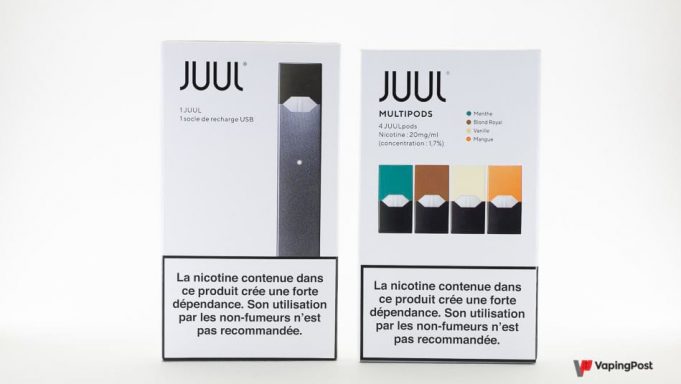“Juul targeted young people and misled them about their products,” Stein said in a press release from October 30, 2020. “My goal in bringing this case is to protect them. I am pleased that the Court has allowed this important case to move forward. We cannot allow another generation of North Carolinians to become addicted to nicotine because of these reckless and illegal business practices.”
More legal drama
In a few short weeks from now, on June 7th, Stein will be making his case against the e-cig manufacturer in a Durham courtroom. Only last month, in another ongoing lawsuit against Juul Labs and Altria, a California judge ruled in favour of racketeering claims against the companies.
Both companies maintain that they have never done such a thing, and insist that their marketing strategies have evolved drastically since the launch of Juul devices on social media.
However, in a 30-page order issued on the 13th April, Orrick said the new claims were legally sufficient, based on added allegations about the individual directors’ “numerical control of the board, knowledge about Juul’s youth appeal and the growth of under-age users, significant involvement in marketing decisions, and unusually active roles in management and decisions from which they profited billions of dollars”.
Juul seeks to expand overseas
Meanwhile, unsurprisingly Juul has focused its efforts into expanding outside of the US. Earlier this month E-CigIntelligence revealed that a deal between UKVB, a subsidiary of the Totally Wicked Group, and Juul UK, makes the former an exclusive distributor of Juul products through independent vape stores. The manufacturer has calculated that before the pandemic hit its products were available in approximately 1,200 retailers in the UK, a figure it aims to double via this “long-term agreement”.
A UKVB spokesperson said that the distribution deal has gone into effect since mid-April, which coincided with the reopening of non-essential shops following the latest COVID-19 lockdown.
Juul is also expected to offer the new stores promotional material to facilitate the sales of their products, these include counter-top units and branded shelf strips. “We will make sure they can promote the brand as effectively as possible,” said a Juul spokesperson.
Challenge 25
Moreover the products will have standard prices and promotions, and will adhere to the “Challenge 25” retail initiative. The latter encourages retailers to check ID if a purchaser appears to be under 25, whilst also extending its mystery shopper and age-verification training programme to train new retailers.
Read Further: Time








